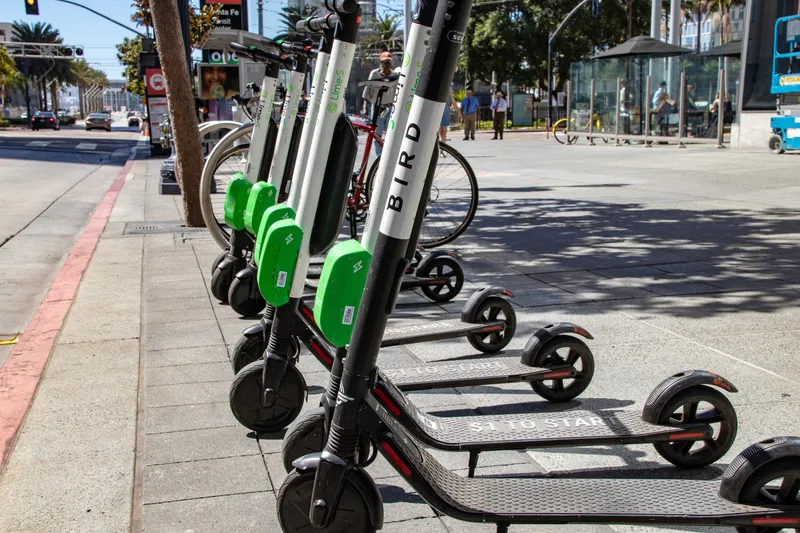
The North American Bikeshare Association (Nabsa) is launching Roll to the Polls, an industry-wide campaign offering free or reduced-cost transportation to voters on the US election day.
Shared micromobility operators such as Bird, Movatic and PikeRide Colorado Springs will make bikes, scooters and ride-share services available to voters on 3 November.
Nabsa claims many people who want to vote lack access to reliable transportation, pointing to a study by Pew Research Center in which 3% of Americans cited transportation problems as a barrier to voting in 2016.
According to Nabsa, 3% is representative of 4.6 million registered voters in 2020.
Sam Herr, executive director at Nabsa, says: "Not only does shared micromobility provide riders with the freedom of fun, sustainable transportation but it also plays a vital role in eliminating the transportation barrier that exists for millions of voters."
Nabsa has been encouraging alternative methods of voting in the wake of the coronavirus - such as absentee ballots - but insists many US states do not accept the pandemic as a reason for mail-in ballots.
Roll to the Polls helps voters plan how to get to the polls in advance and find socially distant modes of transportation, the association adds.
Other micromobility operators involved in the campaign include Chattanooga Bicycle Transit System, MoGo Detroit, Ride Report and Shift Transit.










